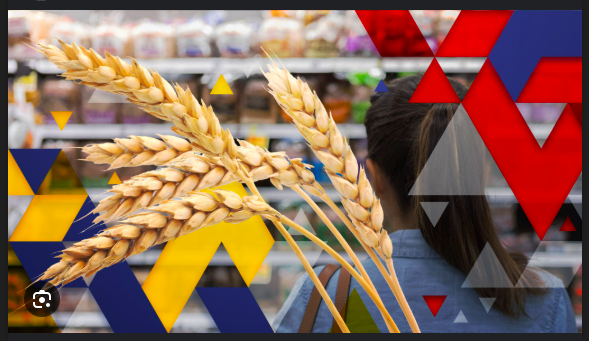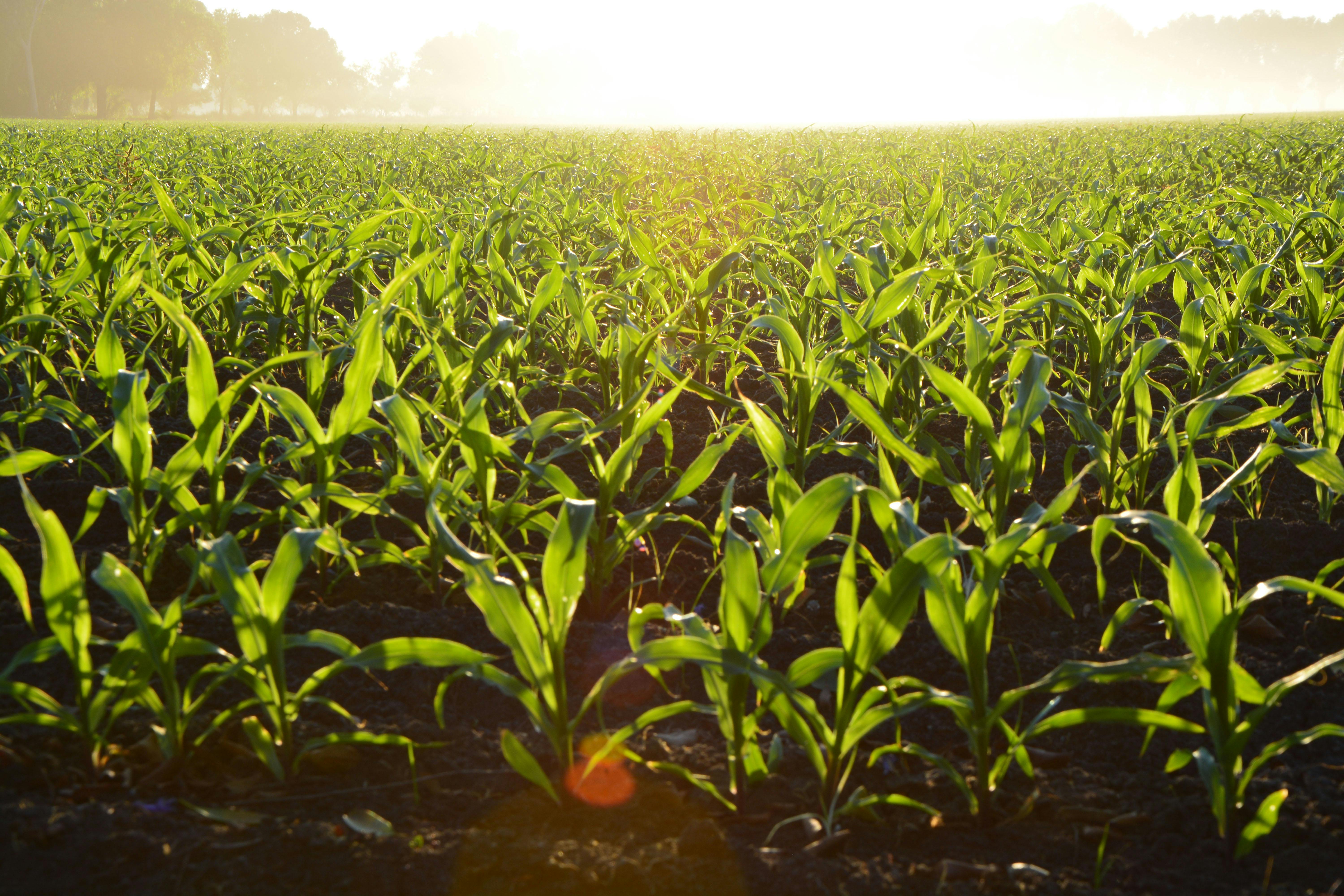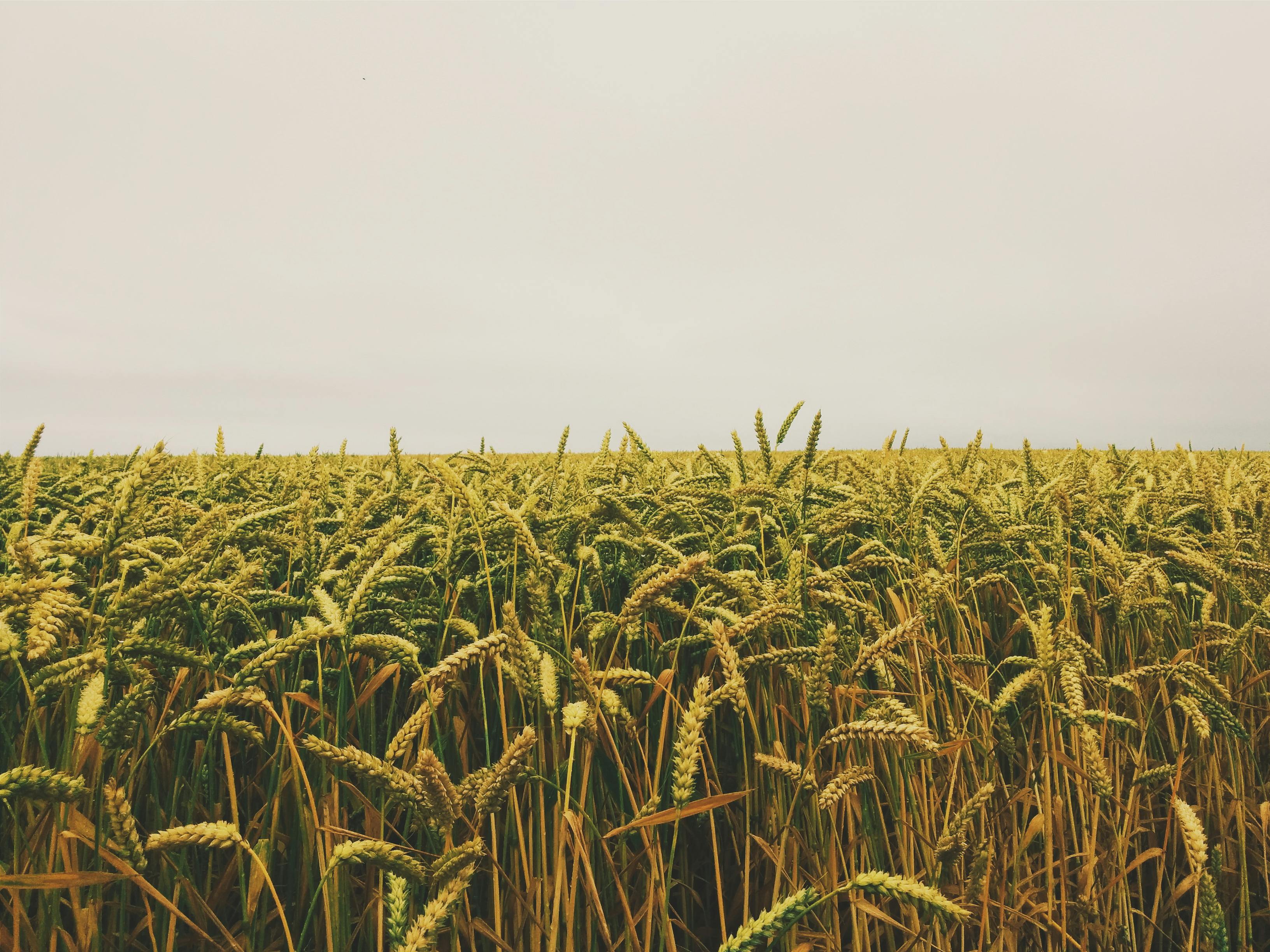


There aren't many more conflict-ridden countries than Russia and Ukraine for the global food market. Together, they have supplied a large portion of the world's wheat, corn, 32% barley (a crucial component of animal feed), and sunflower seed oil over the past five years.

Crucial planting and harvesting seasons are about to pass in Ukrainian fields. Rising energy costs are forcing European factory fertilizer plants to cut production in half. The size of future harvests is in jeopardy as a result of Brazilian farmers in Texas using less fertilizer. Additionally, China is expected to buy a large portion of the world's reduced crop after suffering its worst wheat harvest in decades due to devastating floods.
As a result, the cost of food and fertilizer has skyrocketed globally. Since the invasion last month, the price of wheat has increased by 21%, barley by 33%, and some fertilizers by 40%!
All of this is on top of factors that are already raising costs and limiting supply, such as the pandemic, shipping restrictions, high energy costs, and recent fires, floods, and droughts.
The result will be even higher grocery bills on a global scale. The largest increase in grocery prices in 40 years occurred in February, when they were 8.6 percent higher than they were a year earlier. According to economists, the war will keep raising those costs.
Marie Antoinette is said to have said that when she was told that the French peasants were without bread, whether it is true or not. And we are aware of her fate. Why do people actually take to the streets to protest? Food shortages and price inflation are the first causes.
Prior to the conflict in Ukraine, food commodity prices were already at 10-year highs because of global harvest issues, according to the UN Food Prices Index. Since records were first kept 60 years ago, they are now at an all-time high!
Politicians are worried about the cost of living crisis that has resulted from that, and social unrest warnings have been issued all over the world.

Food prices are causing most Arab and African countries' budgets and economies to falter. Prior to the war, Tunisia had trouble paying for some of its food imports, and it is currently working to prevent an economic collapse. Inflation is causing unrest and violent repression in Sudan and has already sparked protests in Morocco.
Millions of tons more wheat cannot be produced, even as America and its allies try to find ways to divert production.